Morning group:
10-11.30am on Wednesday 20 March 2024
Evening group:
7.30-9pm on Wednesday 10 April 2024
You can peruse our growing collection of recommended resources to read, listen to or watch for First Nations justice here and the conflict in Gaza here.
You are warmly invited to join our book club, originally established to educate ourselves on our First Nations peoples, past and present. It has now evolved to explore, discuss, and seek to understand the social justice issues we see around us.
In February, March and April 2024 we will be exploring the history of the Israel-Gaza conflict.
We have two groups meeting together for a rich discussion and journey of self-education: a morning group (10-11.30am) and an evening group (7.30-9pm) that meet (usually) on the second Wednesday of each month at the church (2 Chipilly Ave, Engadine).
To sign up, or for more details, contact Loraine (for the morning group) or John (for the evening group) by emailing here. All welcome, so bring others with you.
What we’ve done to date:
In the October meetings, both groups engaged in a reflective time together after the referendum. The groups were originally formed with the proposed Voice to Parliament in mind, as people recognised a gap in their learning about our First Nations Australians. The groups discussed what we had achieved in our time together over the last 15 months, what personal journeys have happened, and where to go next?
In August and September, the two groups explored the following two books: “Song of the Crocodile” by Nardi Simpson, and Tara Winch’s “The Yield”, which won the Miles Franklin award in 2019. You can read our blog post about these books here.
In July, the book club discussed the teen novel Calypso Summer written by Dr Jared Thomas, a Nukunu person of the Southern Flinders Rangers. The novel focuses on a young Nukunu boy who navigates real life problems faced by young people, learns about identity and reconnection with his mob. Calypso Summer is the winner of the 2013 black and write! kuril dhagun indigenous writing Fellowship.This is the first fiction book the book club has discussed.
In June, the book club discussed episodes from the TV series ‘Redfern Now‘. The series, written, directed and acted by Aboriginal people portrays the many current challenges facing Aboriginal families today. The series of 12 episodes is freely available on iView and we encourage you to watch one or more episodes even if you weren’t able to come along to our meeting.
What happened in May: something a bit different! Read the story of our pop-up choir in the Sutherland Shire Leader here and watch the video here. The pop-up choir is now working on their second project – see more here.
How it started: Reconciliation Australia (RA) called for people across the country – choirs, school groups, any group – to come together in song to contribute to National Reconciliation Week 2023, by singing a new choral arrangement of ‘From Little Things Big Things Grow’. Pretty much everyone in our book club groups agreed to try and learn it, and some extra people came along.
Well, it was a lot more challenging than we thought! But everyone persevered, and with the generous assistance of local music teacher Andrea who stepped in to wrangle us, we practised and practised then came together on 17th May to record our singing. And oh! how exciting it was to be finally properly singing such a deeply moving song, with over 500 choirs across the country doing the same. We didn’t really nail all parts of the different harmonies, but we managed to get nearly all of the words sung in their right places. And then: SURPRISE! our choir was included in the final production by Reconciliation Australia! Watch their video here, read the story in the Sutherland Shire Leader here, then scroll down to see some photos and read about what the book club has been studying for the past year. (You can read our blog about it here.)
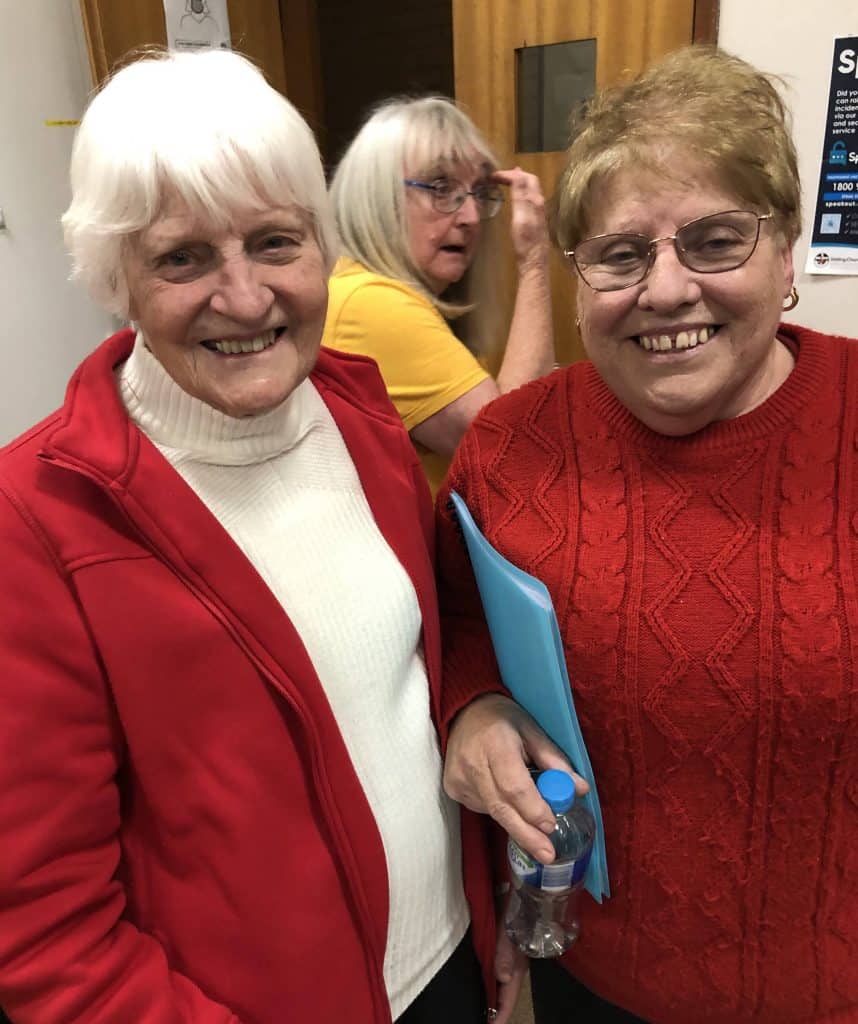
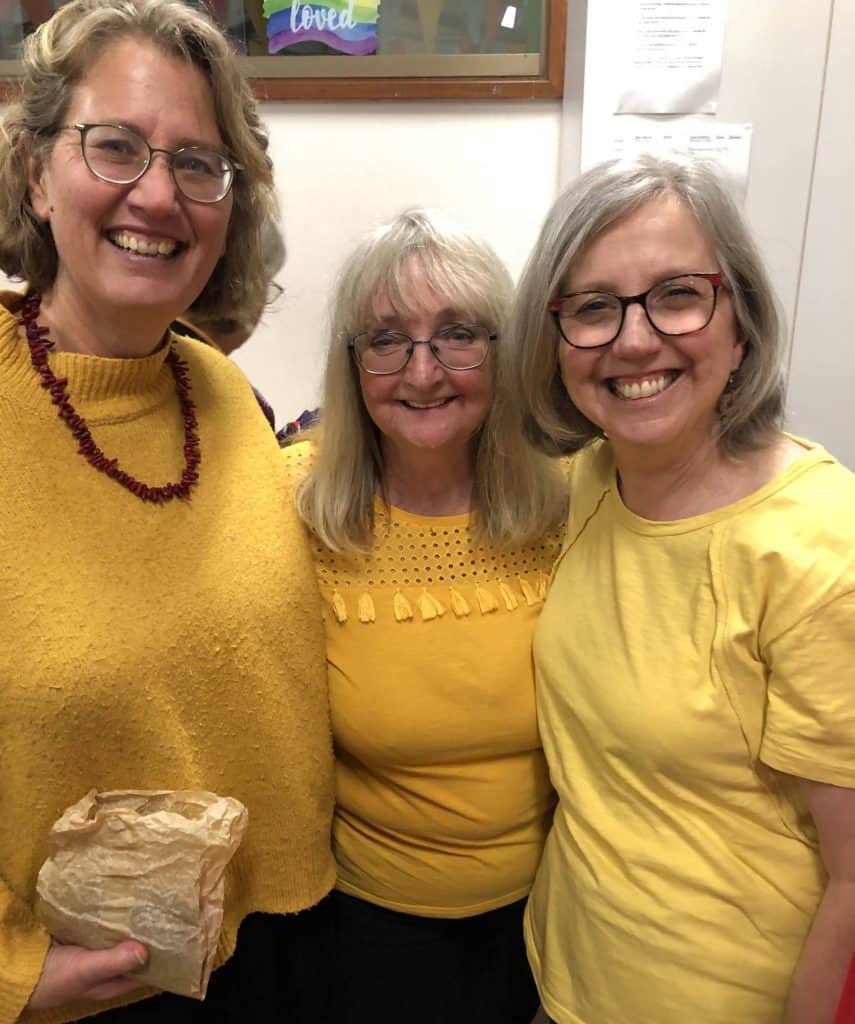
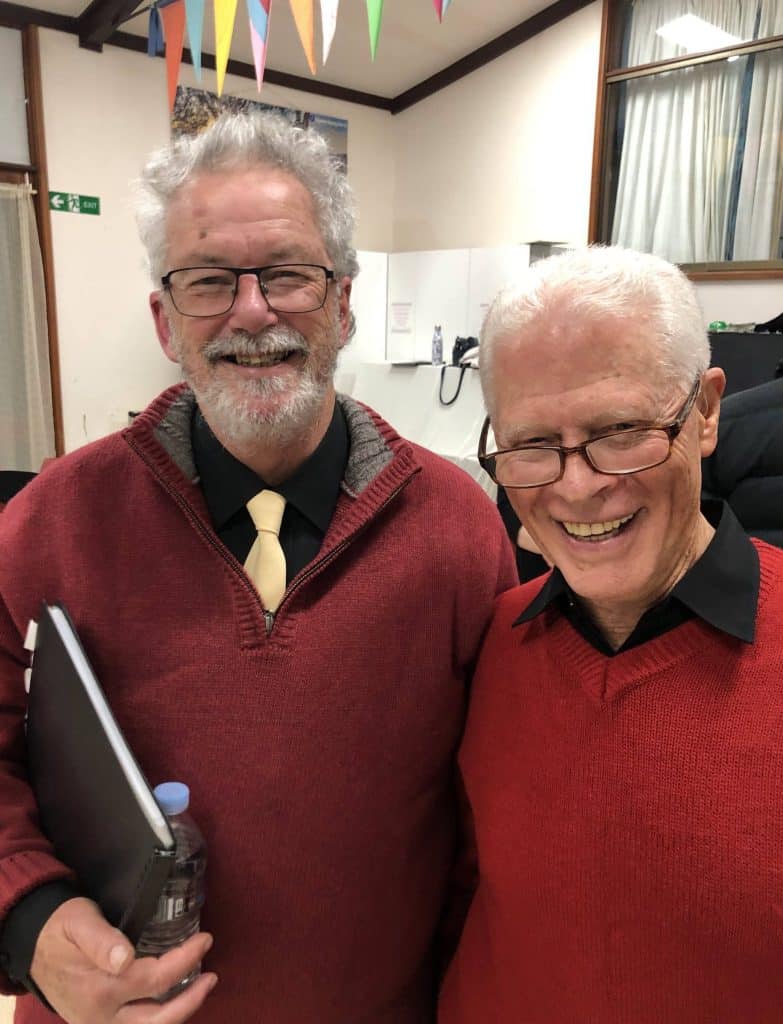
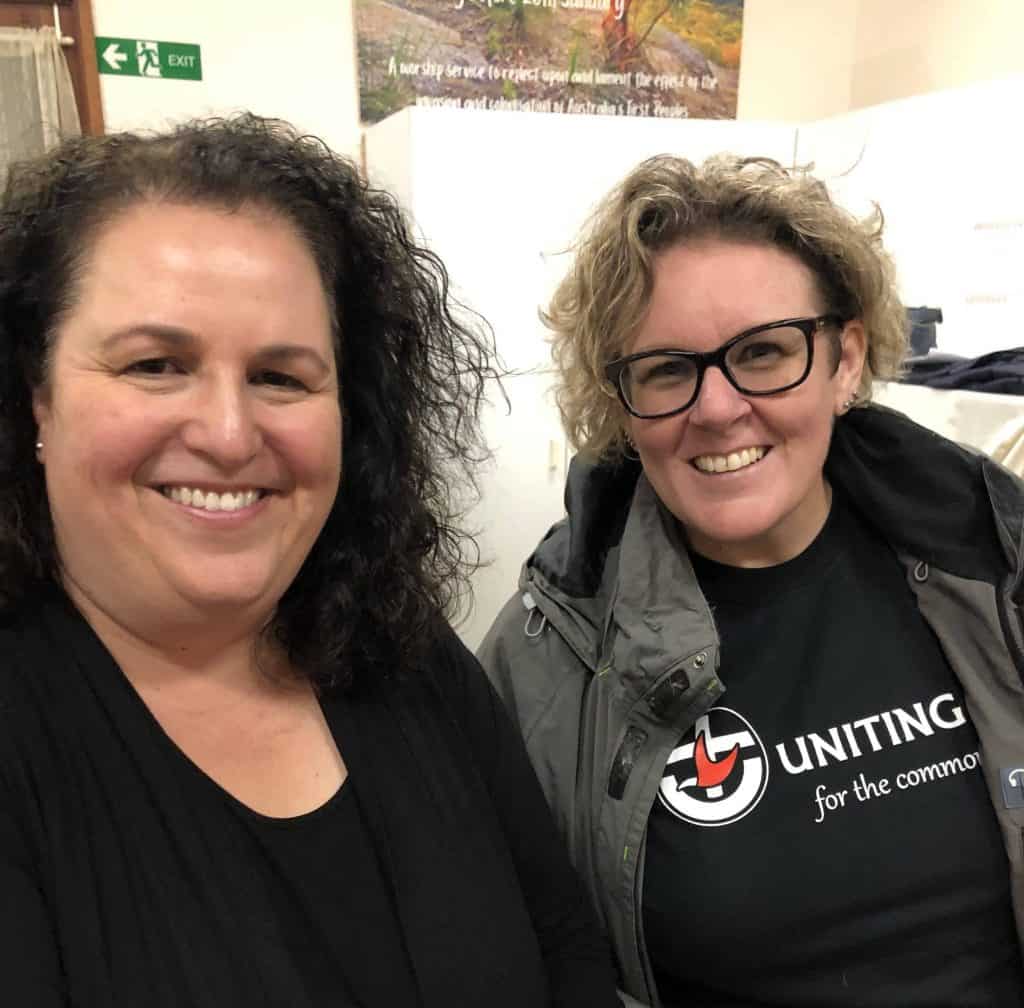
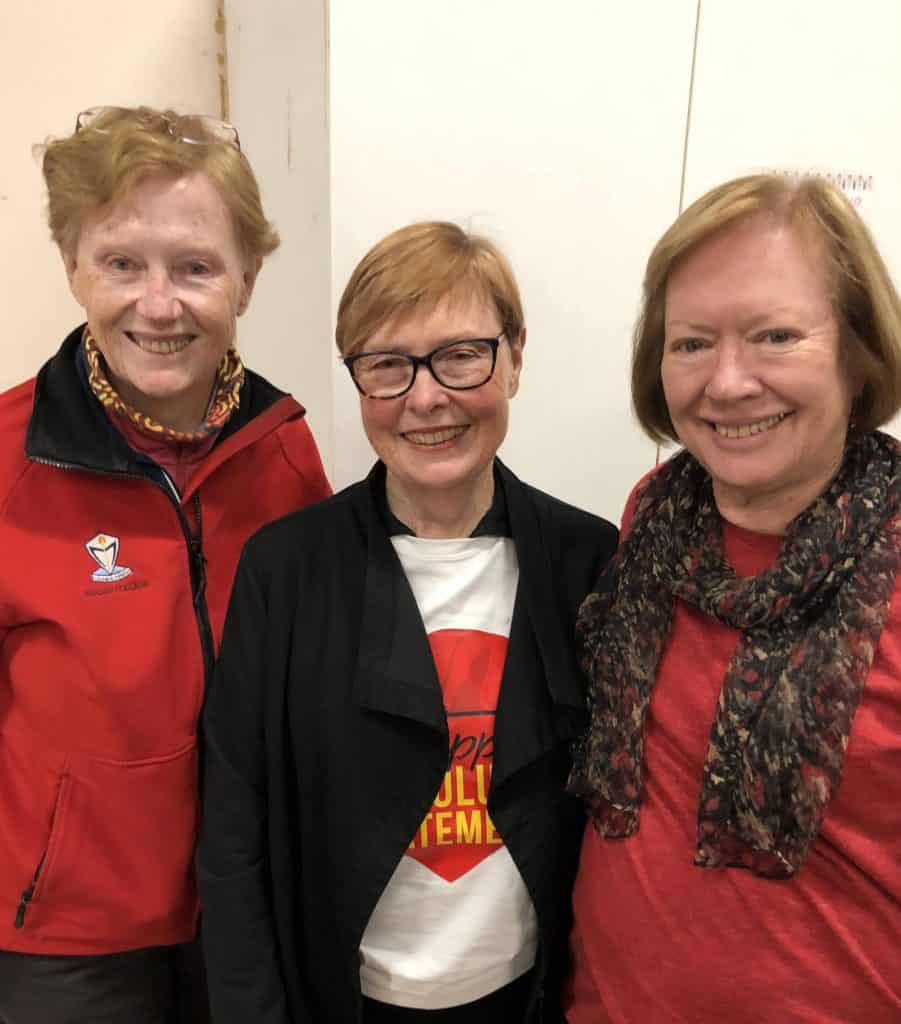
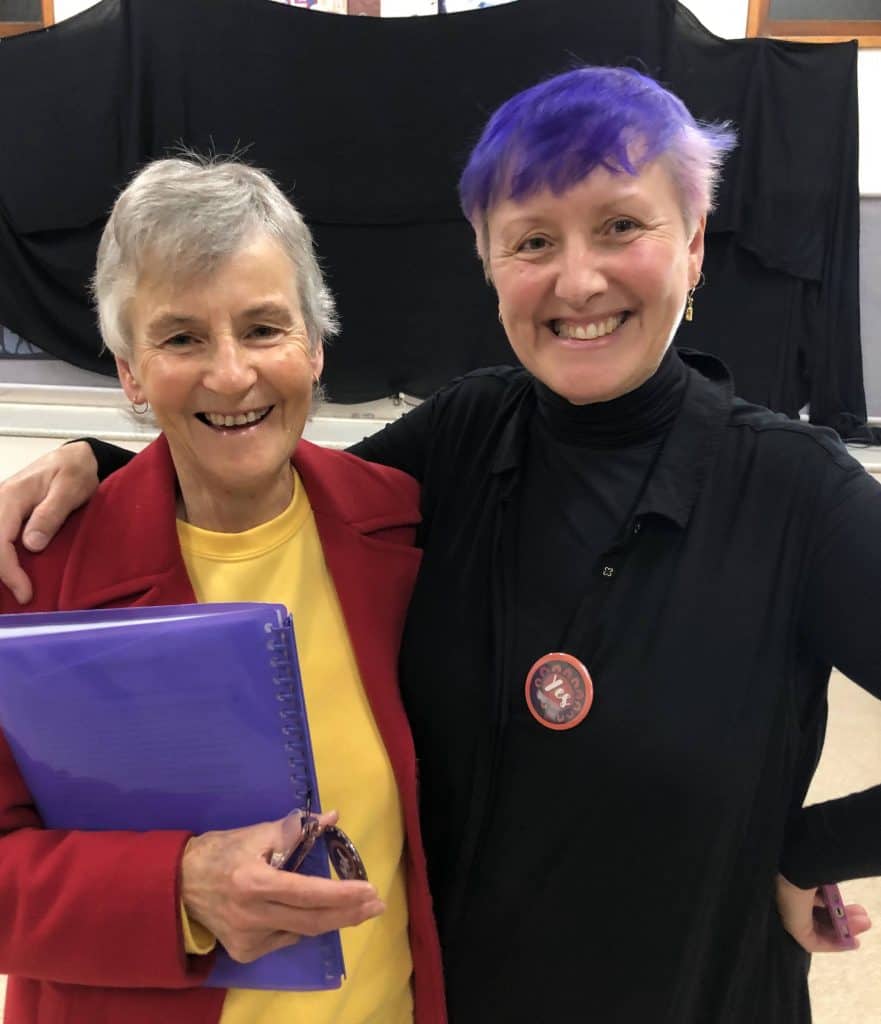
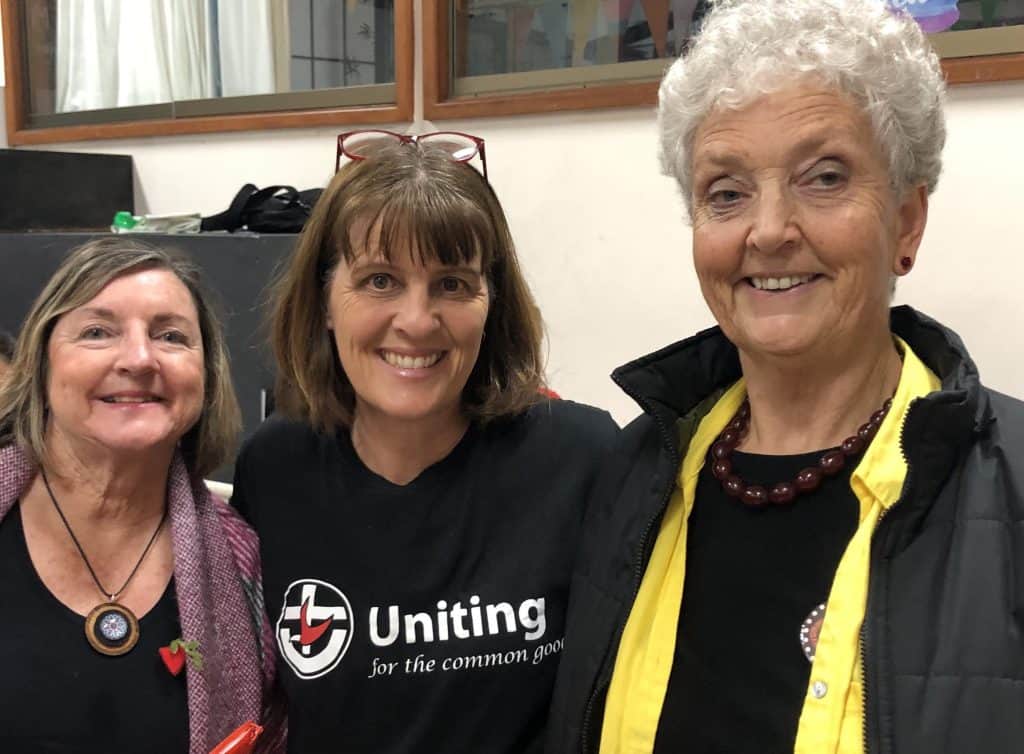
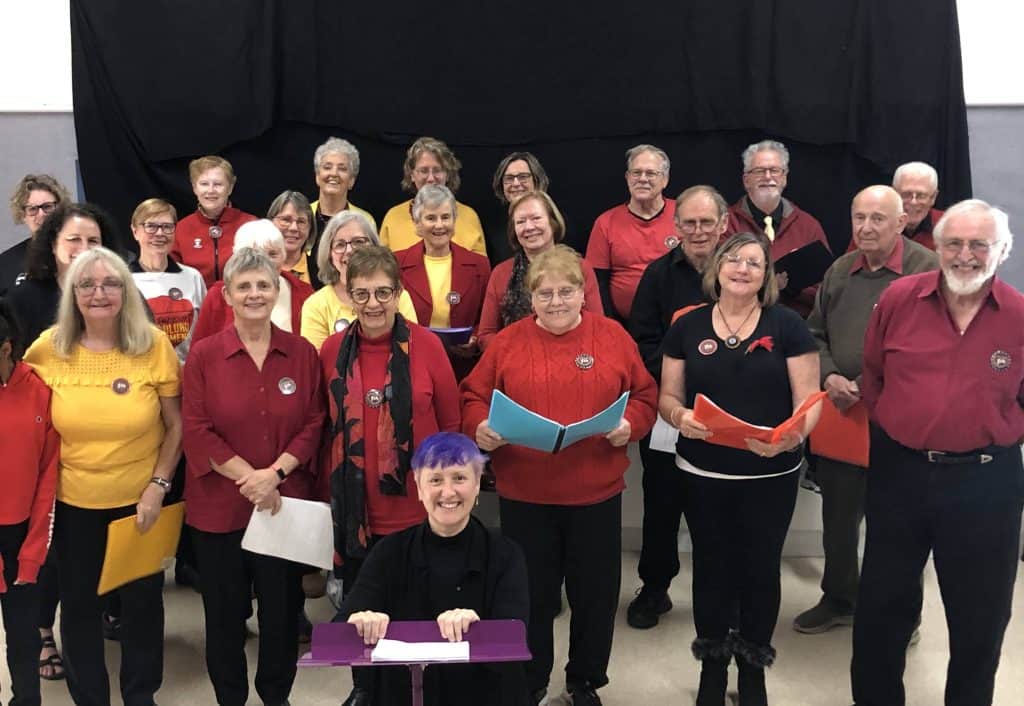
For April’s meeting, we looked at the landmark 1997 report on the Stolen Generation “Bringing them Home.” Although the full report runs into hundreds of pages, there is a community guide of about 50 pages which you can access here that we used as the springboard for our discussion. You may also watch this video (32min) of the report and stories of those who were of the Stolen Generation produced by the Australian Human Rights Commission. It is quite confronting.
As we now know, the Stolen Generations are Aboriginal and Torres Strait Islander people who were forcibly removed as children from their families and communities through race-based policies set up by both State and Federal Governments from 1910 to the 1970s.
We recommend The Healing Foundation website, which provides a wealth of resources on intergenerational trauma, community healing and more.
In March, we had tremendous and robust discussion of the material from Noel Pearson’s Boyer Lecture, and looked in detail at the processes that lead to the Uluru statement and the deliberations by the Voice working group. We also considered issues and concerns of those not currently supporting the referendum.
Late last year, members of the morning group each selected a First Nations poem to hear in a different way how these poets are ‘…making space for, depriving, reshaping, undermining and doing power in every way. What they have in common is why they do it: for the emancipation of First Nations’ (Introduction by the editor of Firefront, an anthology of First Nation poetry)).
Poetry is personal and intimate. The poet speaks from their heart and the reader hears their voice. We each read and shared a poem from a First Nations poet. Want to read some poems from First Nations peoples? Find some here.
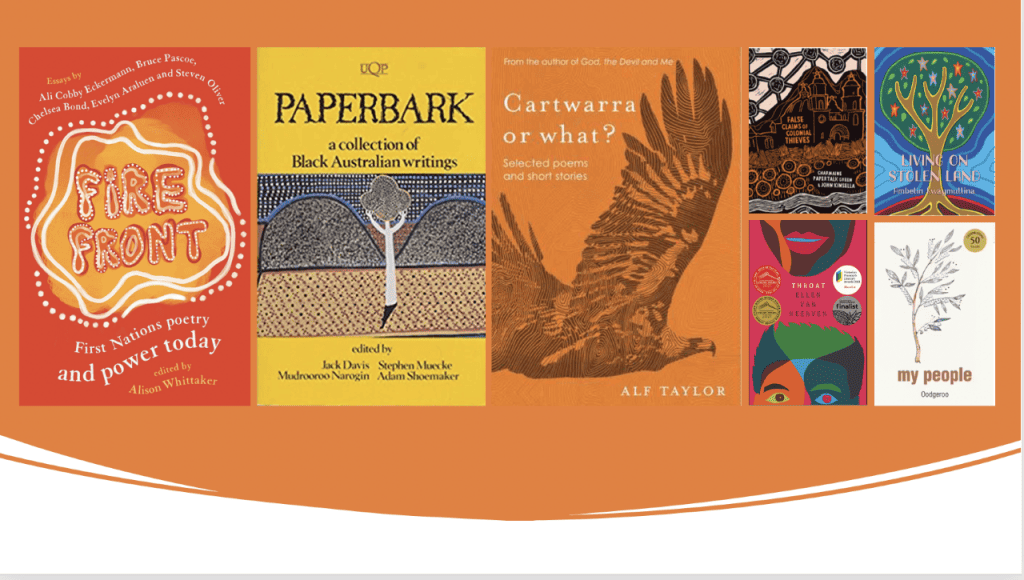
The evening group explored the autobiography by Anita Heiss : “Am I black enough for you? 10 Years On.” As Adam Goodes writes about this book: “A great read for our non-Aboriginal brothers and sisters to help them understand the different journeys Aboriginal people are on, and the various ways we live our culture.”
We commenced on 22nd June with Dark Emu by Bruce Pascoe, studying and discussing the book through to July. We followed with Henry Reynold’s Truth Telling in September. In October, we looked specifically into the Uluru Statement from the Heart‘ and listening to webinars from First Nations Peoples who brought the Statement to fruition, to understand why the Statement was written and what it means to First Nations Peoples and what are some of the controversial issues arising from this Statement.
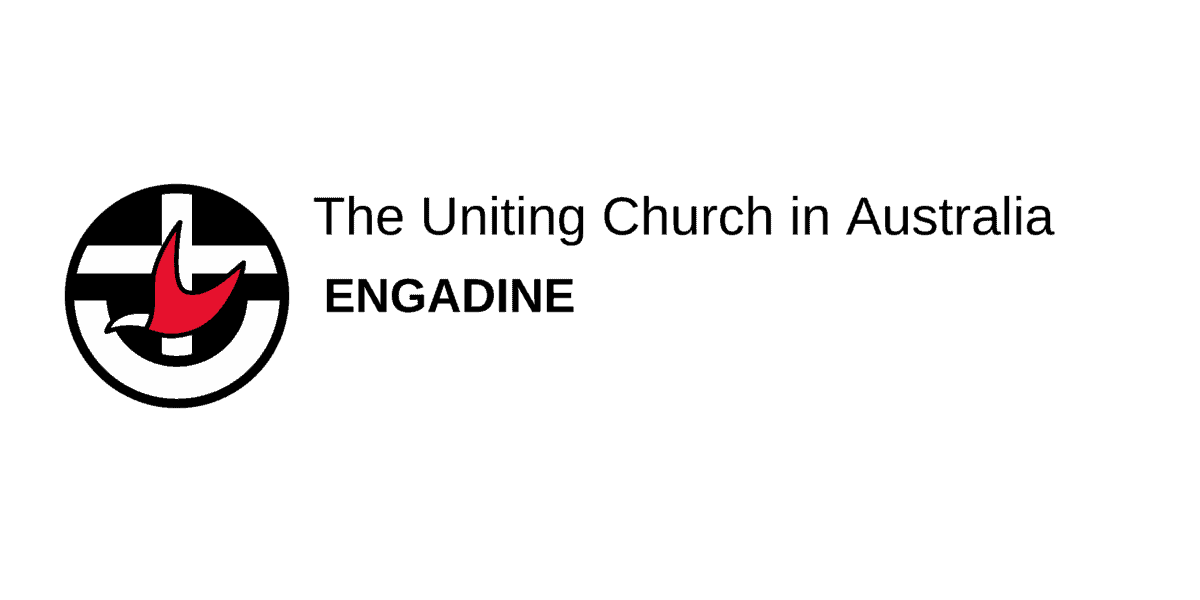
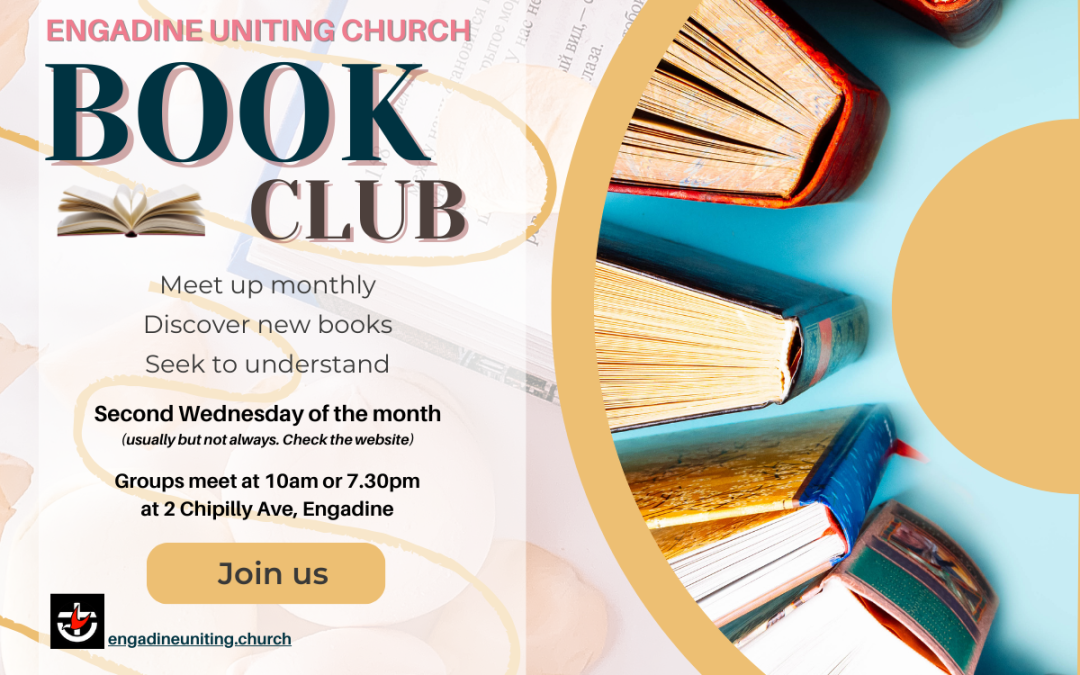
Recent Comments